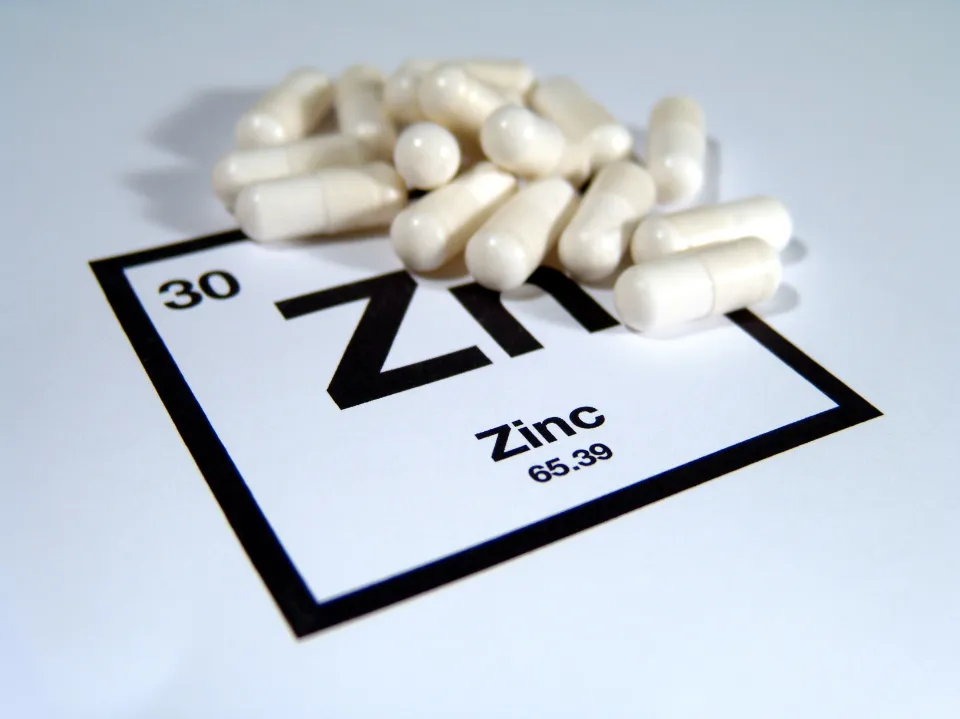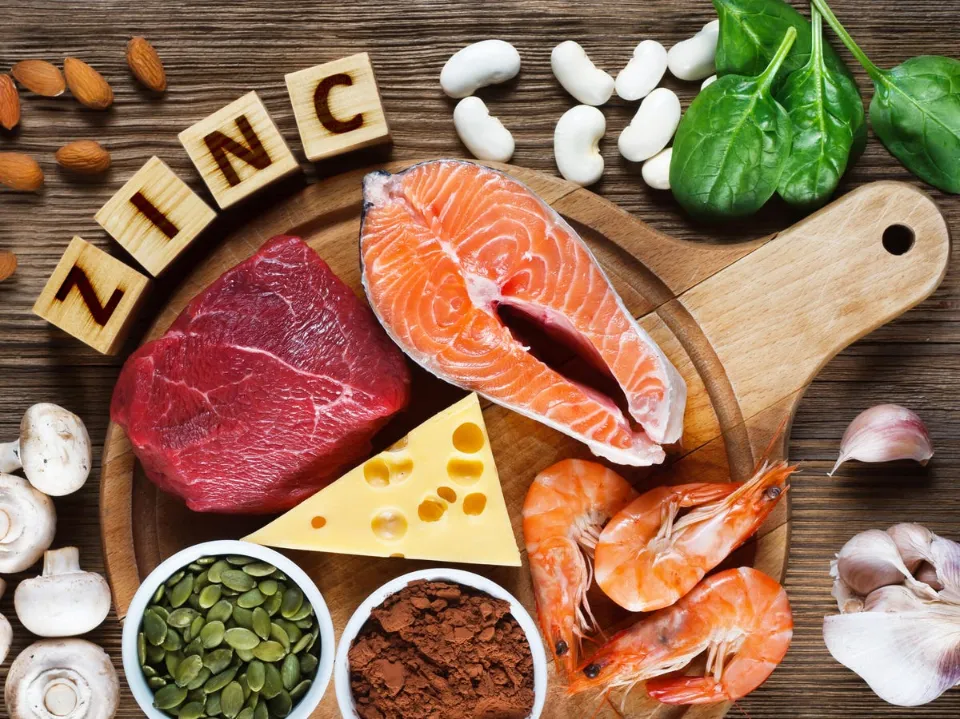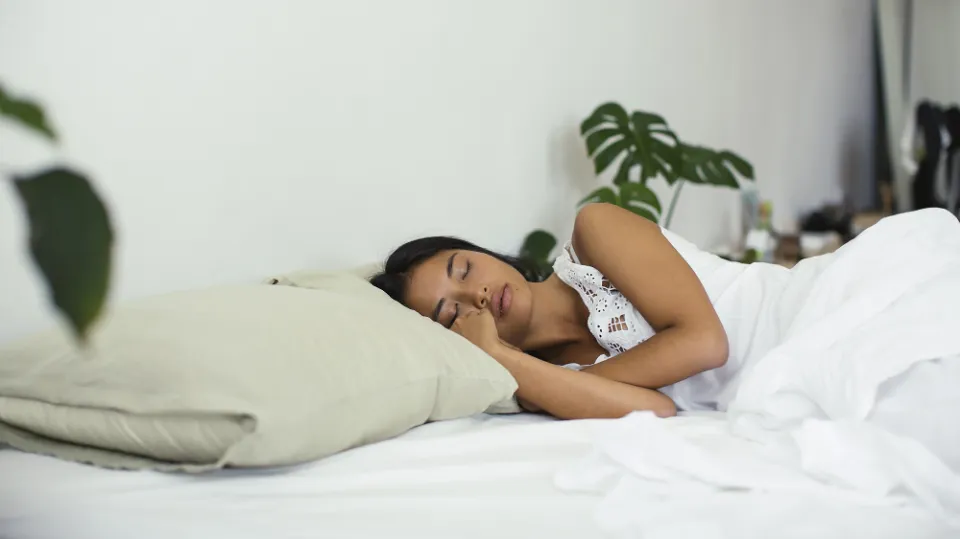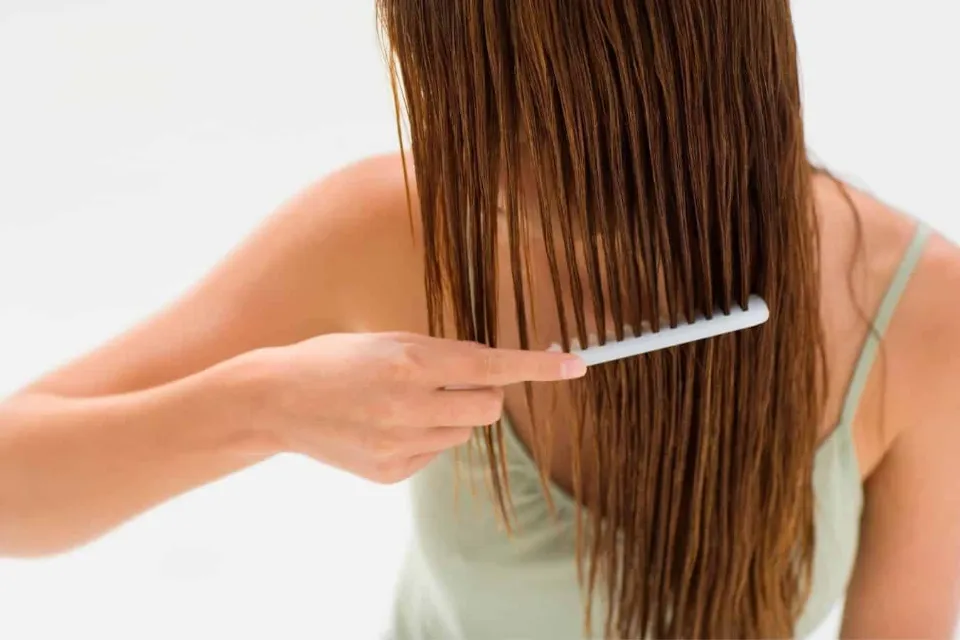Numerous vitamins and minerals each have a crucial role to play in various aspects of your health. Zinc is one of these essential minerals, some people may wonder, does zinc help with hair loss?
Zinc is an essential nutrient for hair growth, and a severe zinc deficiency could lead to hair loss.
So let’s explore the role zinc plays in the health of your hair.
What is Zinc?
In order for the body to function at its best, it needs water in the proper quantity, proteins, fats, and carbohydrates. Carbohydrates and fats are primarily used as fuel, whereas proteins and carbohydrates are used to build many structural and metabolic substances.
The body also needs vitamins, minerals, and micronutrients to control and modulate these processes in order to carry out typical metabolic reactions. Zinc is the second most abundant mineral in the body, the first being iron.
Zinc is a trace mineral, but despite this, it is crucial for the catalytic activity of hundreds of enzymes and also plays a role in the processes of protein synthesis and gene expression.
Does Zinc Help With Hair Loss?
The short answer is a resounding yes! Research has repeatedly shown that zinc levels tend be lower in people who are experiencing a variety of hair loss conditions, like:
- Androgenetic alopecia, or female/male pattern baldness
- Alopecia areata
- Telogen effluvium
Even if you don’t have a severe zinc deficiency or an acute hair loss condition, having insufficient zinc in your system for an extended period of time has a negative impact on the health of your hair.
Why We Need Zinc?

Zinc plays a crucial role in the following physiological mechanisms.
- Optimal function of the immune system
- Cell division and growth
- Metabolism of carbohydrates
- Wound healing process
- Promotes insulin action
- Normal olfactory (smell) and gustatory (taste) sense
- Cofactor of vitamin D functions
- Help in the transportation of vitamin A
The development of an individual during the fetal, neonatal, infantile, and childhood phases depends on a sufficient zinc concentration.
Research reveals that zinc is also involved in the sequestration of copper and modulates the serosal transfer of copper in the gut lumen.
Does Taking Zinc Help Hair Growth?

Zinc is a key regulator of enzymes that catalyze the biochemical pathways involved in the synthesis of proteins and nucleic acids. This is a crucial process for the extracellular matrix of the hair, which is made up of the rapidly dividing cells of the hair follicle.
Zinc also contributes to the production of collagen and elastin proteins as it regulates the activity of the involved enzymes. Zinc serves as a cofactor for metalloenzymes, thus, playing an important role in infections and other pathological processes involving hair follicles.
Apoptosis-related endonucleases are inhibited by zinc. The hair cycle’s catagen phase is inhibited when the activity of this enzyme is suppressed.
Zinc’s action prevents the hair follicles from entering the telogen phase too early, which improves hair growth.
Zinc is also a key component of the hedgehog signaling pathway that mediates the transcription of the genome for protein synthesis. By controlling the innate and adaptive immune systems, zinc is essential for the immunomodulation of hair follicles.
Zinc deficiency manifests as dysregulation of the immune system and reduced immune tolerance. Infections and autoimmune diseases like telogen effluvium are made more likely to affect the hair follicles as a result.
However, zinc’s ability to block 5-alpha reductase and lower levels of dihydrotestosterone allows it to return the hair growth cycle to its normal physiological state.
Even though zinc deficiency is known to cause hair loss, zinc toxicity may also cause conditions that mimic zinc deficiency. The anagen phase of the hair cycle is disturbed by too much zinc, which also slows down hair growth.
This shows that for desired results, precise zinc supplementation dosage and treatment duration are essential.
Summary: Does Zinc Help With Hair Loss
Zinc plays an important role in hair care and especially in combating hair loss. Zinc has been shown to be effective in treating alopecia areata-related hair loss issues, so using it to treat hair loss may be a good idea.
Before beginning zinc supplements with any other health issues or in combination with other medications, it is advised to speak with a doctor.
You Might Also Like:
- Does Pomade Cause Hair Loss?
- Does Mounjaro Cause Hair Loss?
- Does Creatine Cause Hair Loss?
- Does Dandruff Cause Hair Loss?
- Does Wellbutrin Cause Hair Loss?
- Does Hard Water Cause Hair Loss?
- Does Dry Shampoo Cause Hair Loss?
- Can Lack of Sleep Cause Hair Loss?
- Does Wearing a Hat Cause Hair Loss?
FAQs
Does Zinc Help With Weight Loss?
By limiting insulin and appetite, zinc has a successful role in weight loss therapy.
Should I Take Zinc Everyday?
The amount of zinc required by your body is not great. Adults should take between 8 and 11 mg per day.
Can Too Much Zinc Cause Hair Loss?
Dihydrotestosterone, the androgynous hormone widely believed to cause premature hair loss by shrinking hair follicles, can start to be produced at higher levels in the body if you consume too much zinc.




